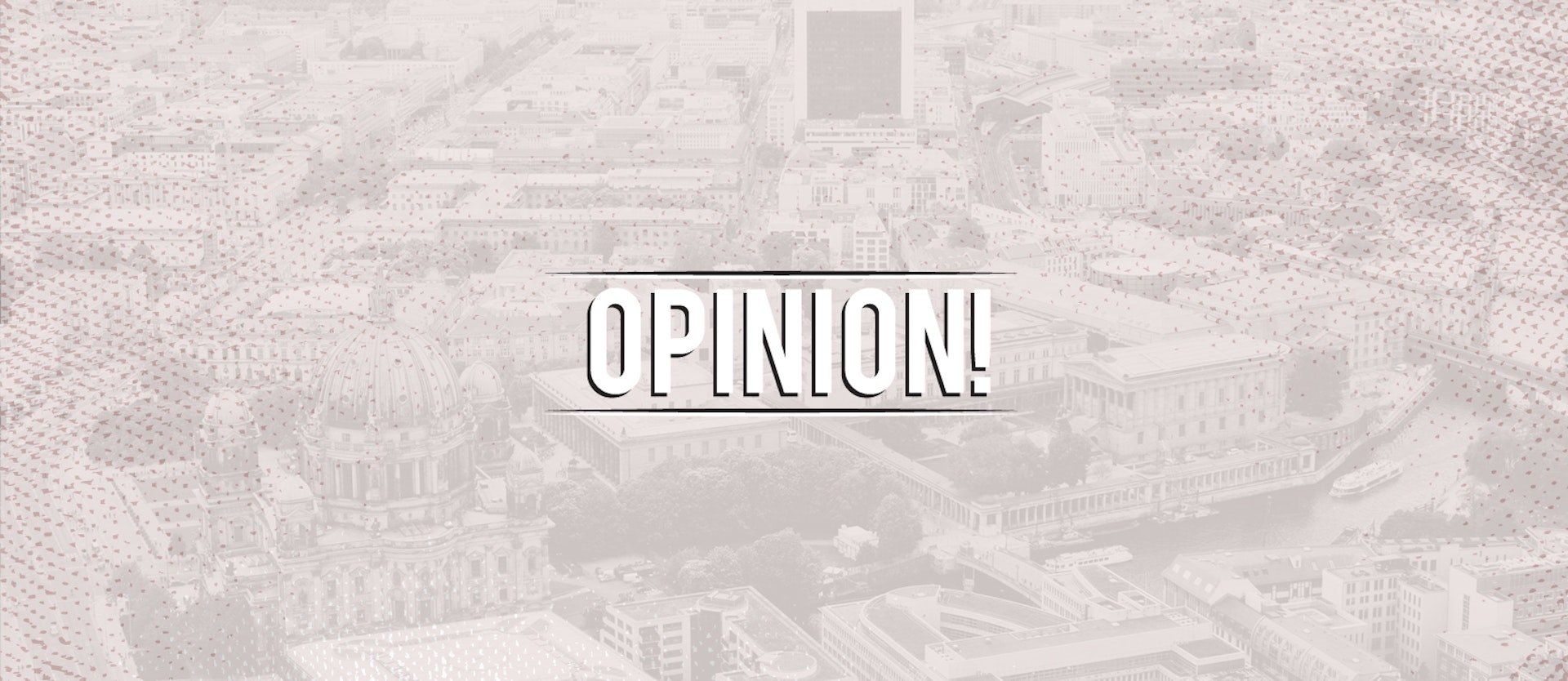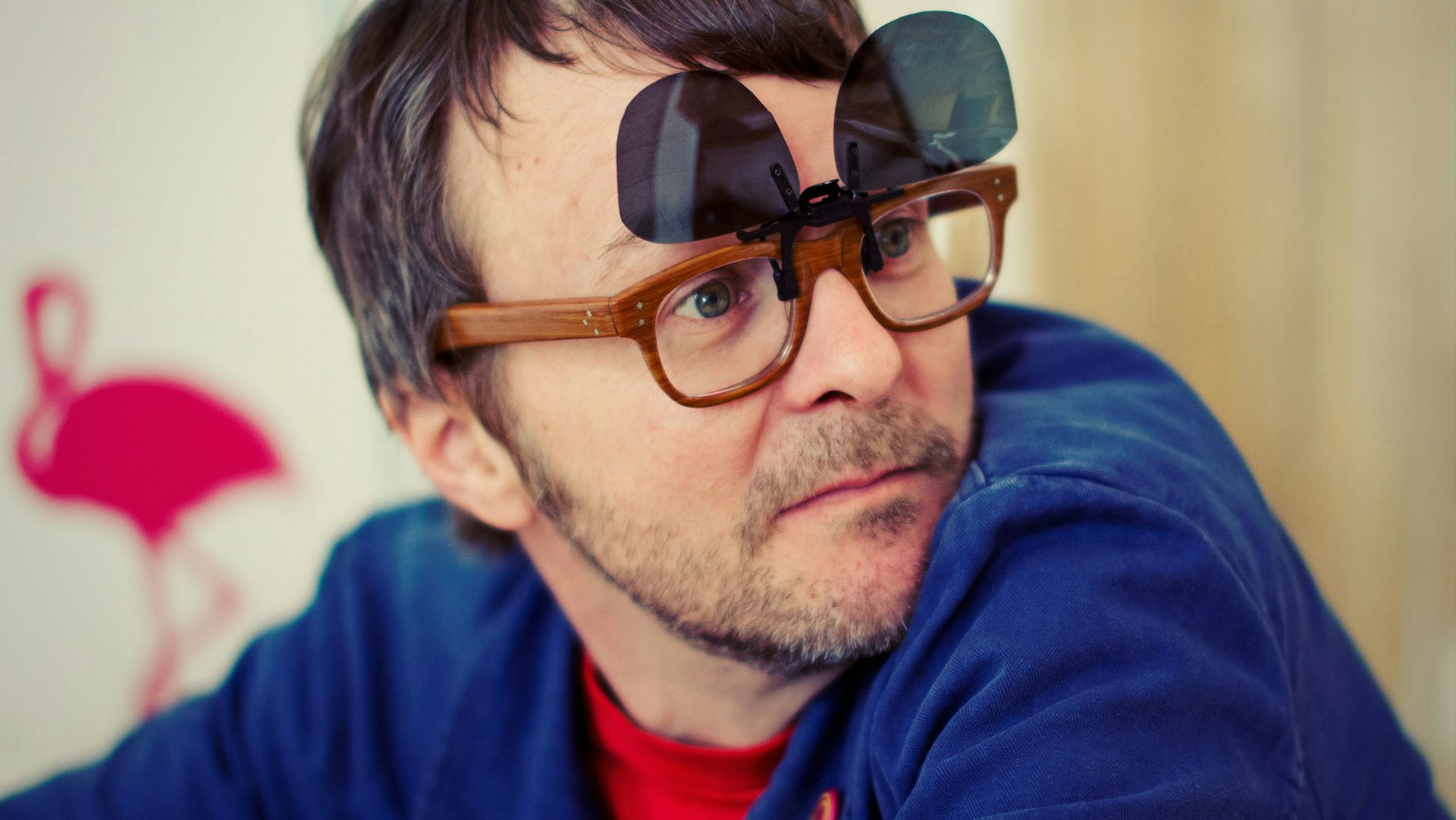
Beauty Obsession
- Text by Tetsuhiko Endo
Two guerrilla marketing campaigns by cosmetic companies have hit the news cycles in the last two weeks. Both pay lip service to vague ideas of female self-empowerment, healthy body image and the destruction of gender-based stereotypes. Both fail because they are produced by companies who support consumerism, unhealthy body images and gender-based stereotypes.
The first is a thirty-minute documentary by Procter & Gamble called Imagine a Future: My Black is Beautiful that vaguely promotes the idea of African American beauty. It’s in conjunction with a seven-year old campaign by the company called My Black is Beautiful. There is nothing inherently negative about Procter & Gamble funding this kind of campaign except when you consider that, as the New York Times reported, they do big business in marketing skin-lightening creams the world over.
The ‘do as I say not as I do’ antics of Procter & Gamble point to an interesting logic behind beauty campaigns: a cosmetic company telling you that black or white, or anything really, is beautiful is like an arms dealer telling Afghanis that war is beautiful. Transnational companies will say almost anything if it means they can sell products in conjunction with the idea. What is really amazing it that it has taken so long for many American cosmetic companies to realise what a lucrative market black women could be. And while dark women in Asia and Africa are lightening their skin with beauty products, light women in Europe are slathering on the fake tan to make themselves darker. In both cases, the underlying message is not ‘you are beautiful no matter who you are,’ it’s ‘no matter who you are, you’re not beautiful until you buy our products.’
The second bit of marketing gold is a viral video by Dove purporting to show the way that women distort their own self-images in their minds. You may have seen some of your Facebook friends shedding virtual tears over it. My overriding reaction was ‘well, many of those women are actually quite ugly by the standards of the beauty industry and no matter what they do, they will remain so.’
That’s a hell of a slur isn’t it? Ugly. Even the word itself is a stubby, blunt-forced object with all the grace of a punch to the gut. And this in a society where women can be called almost anything with sadistic aplomb, including comparisons to female dogs.
Ugly.
I’m always surprised by the effect the word has on even the most callous listeners. People who would not think twice about expectorating the foulest slurs against Muslims, Jews, or people who have sex with those of the same sex flinch as if slapped when the ‘U word’ is dropped. There is a special type of denial in such preciousness –that we are not asked, begged even by the imperatives of modern clothing, diet, exercise and fashion culture to make snap judgements on the people’s appearances. Women in particular, whose conspicuous consumption often manifests itself on their bodies, walk the streets like pop art or rare tropical birds – feasts for the eye in landscapes that have been rationalised into drab, uniform machines of labour production.
Apparently, the only people who can use the word ‘ugly’ in a socially acceptable way are companies like Dove and Procter & Gamble and their media lackeys. But their trick is to never actually say it at all; or rather, to say it all the time, incessantly and obsessively but never in a tone above sotto voce.
How else would they keep making money if they didn’t whisper to you that your breath stinks, your underarms smell, your pimples are disgusting, your complexion too light or too dark, your chin too hairy, your head not hairy enough, your hair the wrong colour, your clothes ill fitting, your teeth crooked, your toenails in need of painting, and your coif in need of product? According to them, ugly is the original sin of humanity, and we must spend our lives atoning one miraculous pair of jeans or face cream at a time.
Imagine dedicating your life to that – to dreaming up subtle strategies to convince people they are doomed to the preterition of hideousness unless they purchase a certain product. Ah, to work in such a beautiful industry as the industry of beauty.
As human beings it’s impossible to ignore the physical – nor would we want to – but we can control the kind of importance we invest in it. The real problem with ‘beauty’, and by definition ‘ugly’, is not that they are subject to all kinds of ridiculous prejudices, distortions, and unrealistic expectations, but that they taken as a judgements of character instead of simple, essentially gauche comments on the aesthetic.
This is especially true of women. Calling a woman ugly should be one of the least hurtful things you can say. But through hundreds of years in which misogynistic prejudice dictated that beauty was among the highest and only proper aspirations of a woman, it has been twisted into a judgement of worth. So when we talk about ‘pretty women’ what we also whisper is ‘valuable women.’ By that same logic, ‘ugly women’ are ‘worthless women’. That these terms can still be conflated in the 21st century shows how far our society still has to go with regards to our perceptions of femininity.
Regardless of the ’empowering’ spin that Dove puts on their ad campaigns, they still deal in this sort of coercive false reasoning. As one woman states in their campaign, beauty “couldn’t be more critical to your happiness.” In what bizarre world is such a statement, coming from a company selling you beauty products, viewed as anything but disgustingly superficial? Well, the world of advertising, for one, in which the almighty slogan trumps even the most basic reasoning.
Real ugliness, I mean the deep seeded kind that corrodes the human soul, is the belief that physical beauty in humans has intrinsic value that is somehow on par with a good sense of humour or a well developed sense of compassion. That it is not something unreasoned and vulgar, a sliding scale that see-saws wildly and without reason according to the stunted imaginations of marketing hacks whose driving animus is taking your money in order to buy more of their own products so they can stand to look in the mirror every morning. Real ugliness is the belief that self worth cannot exist without the arbitrary blessing of beauty.
If there is any hope of alleviating such blatant prejudice, we – men and women – aren’t going to do it by telling all women they are beautiful, we are going to do it by rejecting the idea that women need to be beautiful in the first place and instead valuing them irregardless of what they look like. It’s not that I don’t recognise aesthetic beauty, I’m just sane enough to realize that other things matter much more. If you believe that and if you really live that belief, campaigns like that of Dove and Procter & Gamble provoke nothing more than derision.
